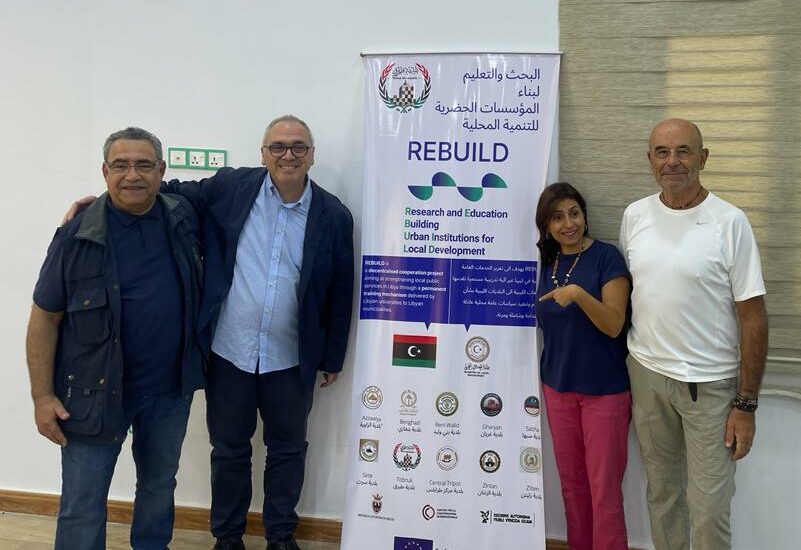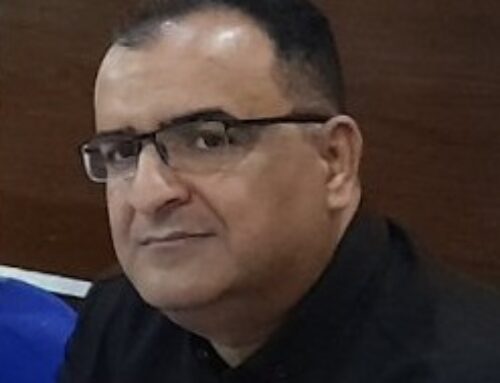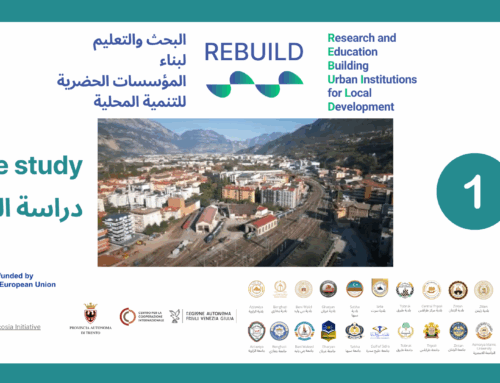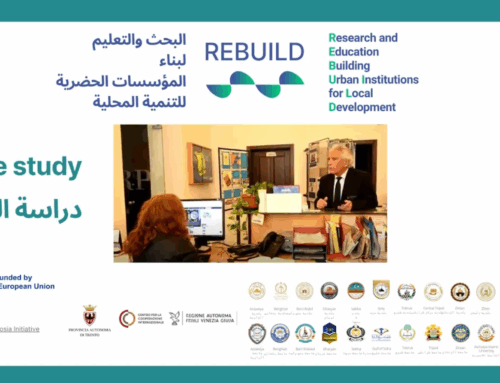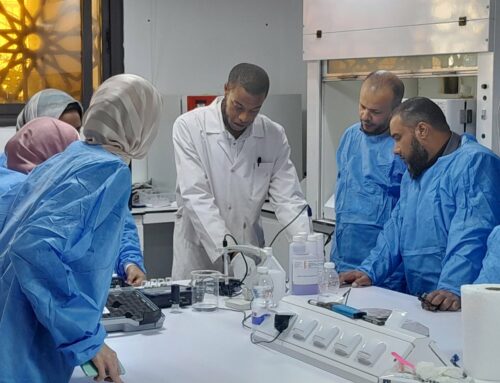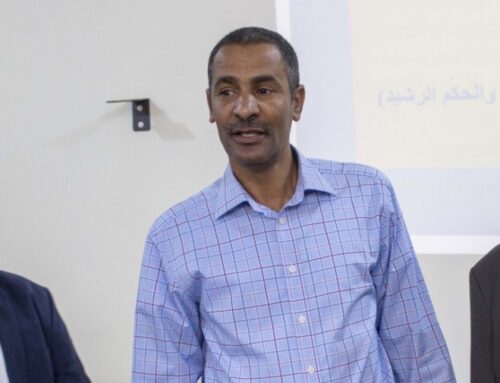Leonardo Manzari, Senior International Expert, OGS- National Institute of Oceanography and Applied Geophysics, REBUILD project
The first mission to Libya, for the implementation of the Pilot Action on Fisheries, gave us the opportunity to get to know more closely the reality of a country experiencing such a profound internal conflict, poised between chaos and a fragile stabilization and reconstruction process.
As an external observer, it is very difficult to understand the day-to-day coexistence of these two realities, especially taking into account the level of training, education and capacity of the interlocutors encountered at institutional, public administration, business, university, research and training levels.
One is inclined to think that the model of life they must observe is the most refined form of resilience, to pass unscathed through decades of international isolation, instability, conflict and systematic dismantling of what should be the frame of reference for all citizens.
According to this perspective, The perseverance and determination shown by local experts, mayors, universities, administrators and students who try to envision a future in their country to be rebuilt, arouse deep admiration.
For example, the ability of some mayors to “activate” local stakeholders actors to share development paths, to attract and interact with local and foreign investors (becoming their main reliable interlocutors), to promote projects that enhance the socio-economic specificity of their territories, to provide adequate public services to citizens.
Therefore, the possibility of the REBUILD project, and the Pilot Action on Fisheries, to present new management models has been perfectly perceived and adopted by our Libyan colleagues. This allows the Libyan fisheries sector to be closer to the European context.
Expectations are in fact very high, not only for what a small “exercise” can produce, but also for the beginning of the coaching path, in the short and medium term.
Expectations are very high for the Action itself, but also because of the very fact that an accompanying process begins, in the short and medium term.
A first noteworthy contribution is that of having set as an absolute priority:
- the sustainable exploitation of the fish resource, compatibly with the regeneration of the stock: this means containing the catches within the quantitative and size limits of the specimens, so as to allow the reproduction of the species and keep the fish stock unchanged;
- the environmental emergency, both on land and at sea, in order to truly aspire to sustainable enhancement and growth of the fishing sector.
The urgency of water treatment, as well as waste collection, represents a serious obstacle throughout the country to the safety and wholesomeness of food products of primary origin.
In fact, the identification of processes and procedures to overcome these problems, in order to simulate the fish certification process (envisaged as one of the most relevant activities of the Pilot Action), represents as of now one of the main contributions that the team of local and international experts will be able to produce.
The fish supply chain, as one of the main sectors of diversification of the Libyan economy, has in fact an urgent need to undertake virtuous paths, and bring operators in a common legal framework, allowing them to live from their work, today as in the future.
The forthcoming second mission in Libya could represent a further decisive step in terms of implementation of the foreseen activities, and impetus towards the achievement of the set objectives.
—

